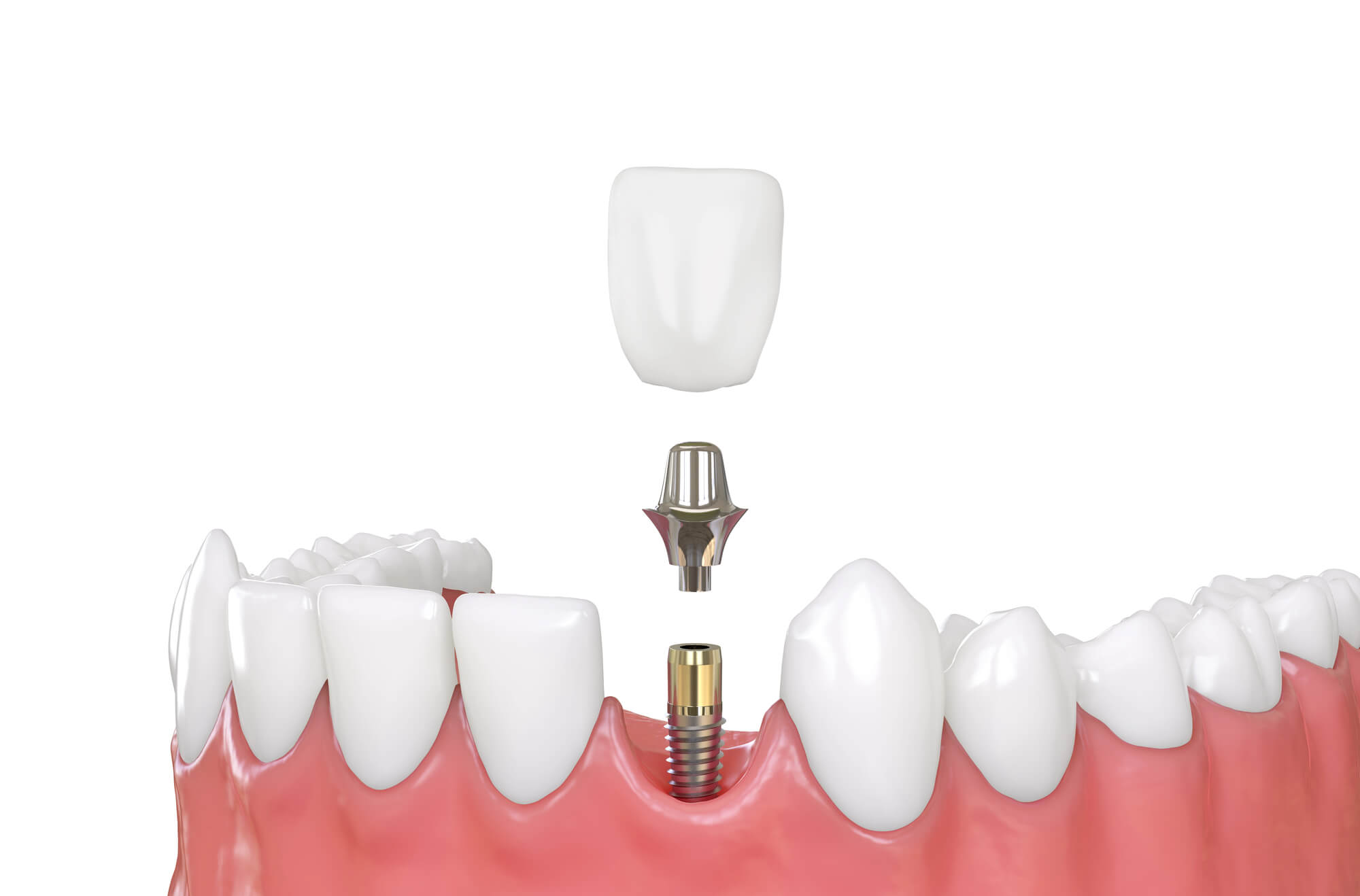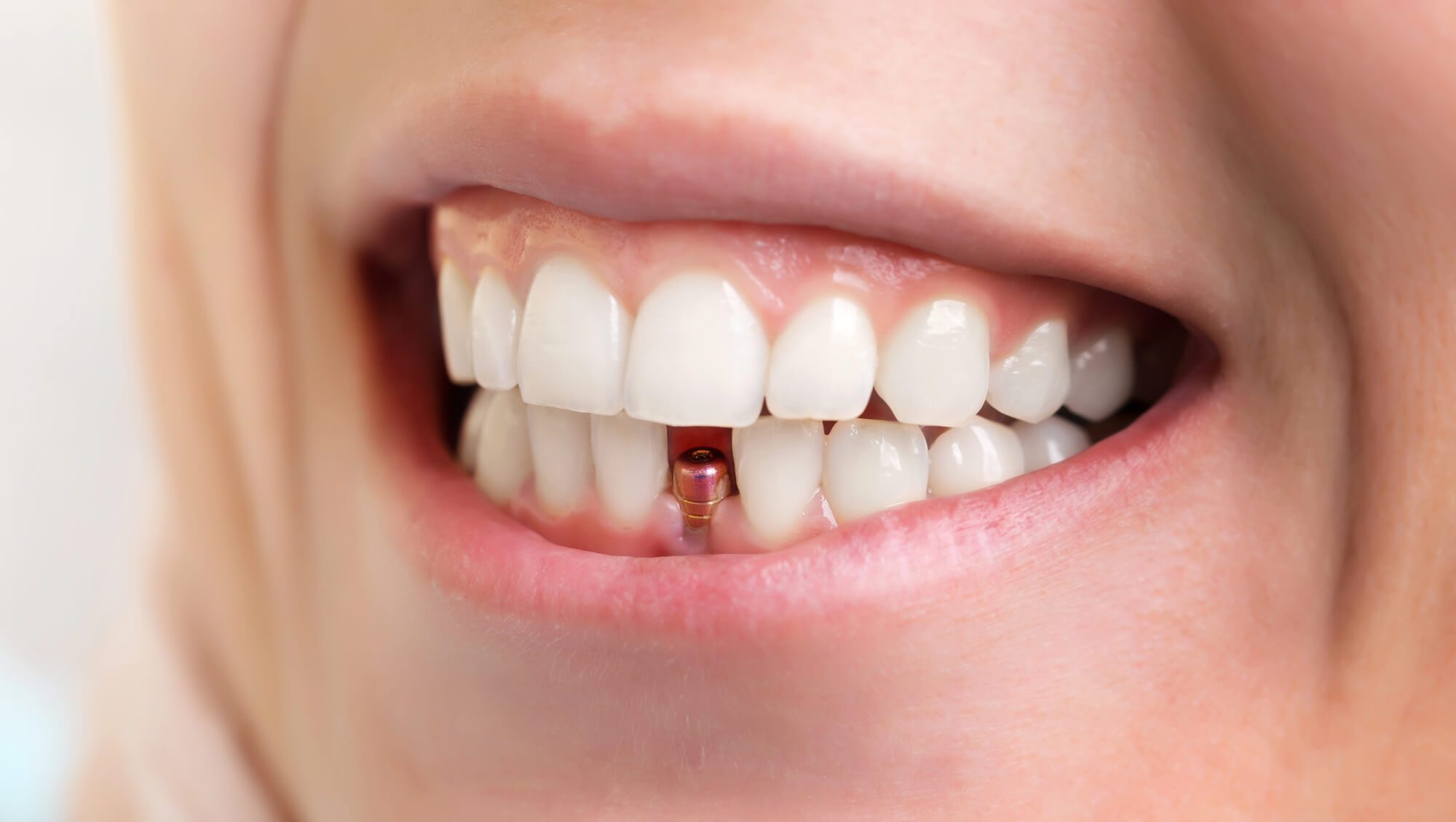You’ve just had your dental implants placed, and now the questions start piling up. Can I eat normally? How do I clean them? What if something feels off? These are all common concerns after implant surgery, and the recovery period can make patients feel unsure, especially about something as important as their smile.
Whether you’ve just received Tamarac dental implants or are preparing for the procedure, knowing the right steps to take (and avoid) makes all the difference.

Healing Starts with Smart Aftercare
Dental implants are a long-term solution, but the early days after surgery are critical. Healing properly helps your implants fuse with the jawbone and remain secure for decades. Here’s how to protect your investment and set yourself up for success.
What You Should Do After Implant Surgery
Follow Your Dentist’s Instructions
Your care team will give you personalized instructions before you leave the office.They’ll be your go-to reference for what’s safe, what’s off-limits, and when to return to regular activities. These guidelines are tailored to your specific case, so don’t substitute them with generic advice.
Use Cold Compresses for Swelling
Mild swelling is normal for a couple of days. Place a cold pack on the outside of your cheek near the surgical site. Apply it in 15-minute intervals to reduce inflammation and minimize discomfort. This simple step helps you feel more comfortable without relying too heavily on medication.
Stick to Soft Foods
Your implants need time to anchor securely into your jaw. That means avoiding anything that could stress the area. Start with soft foods like mashed potatoes, smoothies, scrambled eggs, oatmeal, and yogurt. These are gentle on your mouth and easy to manage while you heal.
Gradually reintroduce firmer foods over a few days, but wait until your dentist gives the green light before biting into anything crunchy or chewy.
Keep Your Mouth Clean But Gently
Cleanliness is key, but so is being careful. Avoid brushing the surgical site directly for the first couple of days. Instead, rinse gently with warm salt water starting 24 hours after surgery. Use a soft-bristled toothbrush and brush other areas of your mouth as usual. Once your dentist allows it, you can brush the implant site with care.
Take Prescribed Medications as Directed
If your dentist prescribed antibiotics or pain medication, take them exactly as instructed. This helps prevent infection and manage any discomfort during the initial recovery period.

What You Should Avoid During Recovery
Don’t Smoke
Smoking affects blood flow and healing. It can interfere with the implant’s ability to fuse to your jawbone. In fact, smokers are at a much higher risk of implant failure. If you smoke, this is the perfect opportunity to stop, at least for the weeks following your surgery.
Skip the Straw
Suction from using a straw can dislodge the blood clot forming over the surgical site. This increases the risk of a dry socket, which is painful and delays healing. Stick to sipping from a cup until your dentist says otherwise.
Don’t Chew on That Side
Avoid chewing with the implant site until you’re fully healed. It can apply unnecessary pressure and disrupt osseointegration (when the implant bonds to the bone). Stick with soft, non-sticky foods that don’t require forceful biting.
Avoid Intense Exercise
Light walking is fine, but hold off on strenuous workouts for a few days. Activities that increase blood flow and heart rate can lead to more swelling or bleeding. Give your body time to focus on healing.
Don’t Ignore Unusual Symptoms
Call your dentist if you notice persistent pain, excessive bleeding, or a bad taste in your mouth. Mild discomfort is normal, but anything that feels unusual deserves attention. Prompt care can prevent small issues from turning into bigger ones.
Long-Term Success Depends on Good Habits
Once you’re past the initial recovery stage, your focus shifts from healing to maintenance. Dental implants can last a lifetime with proper care. That means keeping your gums healthy, avoiding damage, and staying consistent with dental checkups. The goal isn’t just to protect the implant; it’s to protect the entire structure that supports it.
Brush and Floss Daily
Your dental implants need daily attention, just like natural teeth. Brush using a soft-bristled toothbrush twice a day, and don’t skip flossing. Plaque can still build up along the gumline, leading to inflammation or infection if left unchecked.
Your dentist may suggest special tools like interdental brushes or implant-safe floss to clean around the post more thoroughly. The right habits keep the tissue around your implant strong and healthy.
Visit Your Dentist Regularly
Routine visits matter. During cleanings, your dental team can remove buildup that brushing alone can’t reach. X-rays help monitor the bone around your implant and detect any subtle changes before they become serious.
Use a Night Guard if You Grind
If you clench or grind your teeth, especially at night, the constant pressure can wear down the implant. A custom night guard provides protection without affecting your bite or comfort.
Avoid Using Teeth as Tools
Opening packages, biting your nails, or chewing on pens can crack or shift both implants and natural teeth. Simple precautions now prevent bigger problems later.
With the right habits in place, you’re set up for lasting results. Now let’s talk about who can help you keep that smile healthy.

Expert Care for Tamarac Dental Implants Starts Here
Dental implants offer a dependable, long-term solution, but the quality of care you receive makes all the difference. Whether you’ve just completed your procedure or are still deciding if implants are right for you, having the right dental team by your side matters.
At Friedman Dental Group, we’ve helped thousands of patients enjoy strong, confident smiles backed by advanced technology and personalized support. Our team provides expert post-op care, clear instructions, and ongoing maintenance so your implants stay secure and your smile stays healthy.
If you’re looking for guidance on how to care for your implants or need a trusted team for your upcoming procedure, we’re here to help. Let us support your healing, answer your questions, and make sure your dental implants remain a strong part of your smile. Contact us today to book an appointment.
